What Is Personal Liability Home Insurance? Types, Advantages & Disadvantages
-
Pete Ortiz
- Last updated:
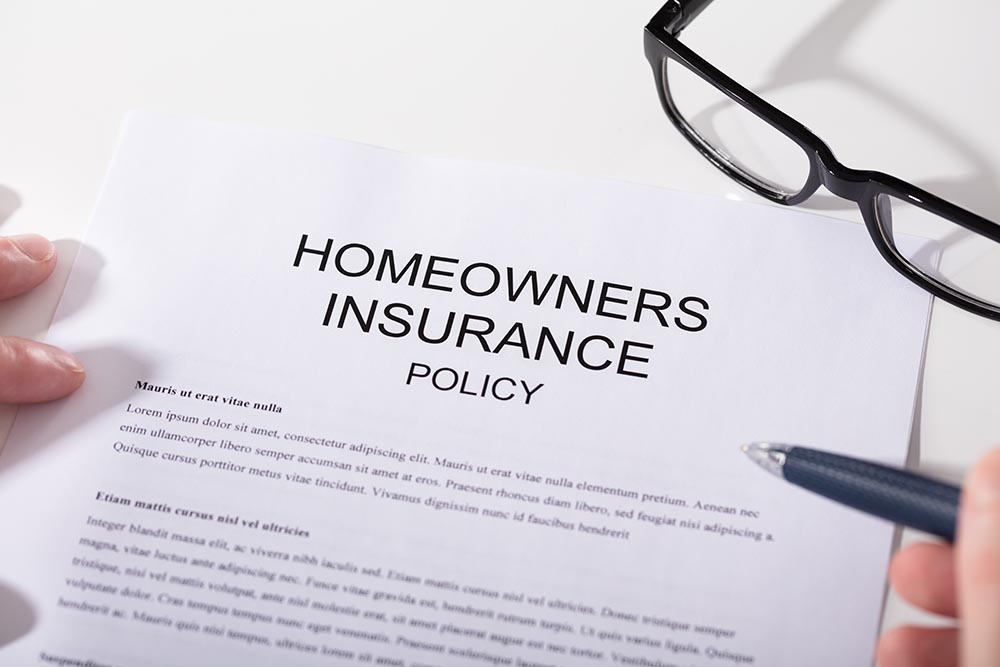
Personal liability insurance protects you and your family in case of a calamity. So, if you own anything of value—a car, home, or electronics—it would be wise if you got insurance to cover them. Think of a situation where your vehicle gets into an accident or catches fire. It would be expensive and difficult to get a new one without insurance!
Most people are unaware of home insurance’s benefits and tend to forfeit getting it. In this article, we’ll talk about personal liability home insurance, what it is, the different types, and the advantages.
 What Is Personal Liability Home Insurance?
What Is Personal Liability Home Insurance?
Personal liability home insurance financially protects you, your family, and other residents who legally live in your home in case of a calamity. It provides cover and pays for bodily injury and damage sustained by anyone inside the home grounds.
Personal insurance also covers you if you are sued for someone getting injured in your home. It pays all your legal fees too, depending on your insured policy. If your floor is wet and a guest slips, falls, and breaks their neck and sues you for their medical expenses and pain and suffering claim, the insurance company is liable to handle all that up to your limit cover amount if you are found liable in court.
Although you are not legally required to get personal liability home insurance simply because you own a house, you’ll automatically end up with one if you have a mortgage. Most mortgages require you to have a home insurance cover in case anything happens to the house.

The 3 Types of Personal Liability Home Insurance
Home insurance policies are different—some offer more coverage than others under different circumstances. So, when it comes to insurance, you get what you pay for; the cheapest offers the lowest coverage, while the most expensive one provides the most coverage.
Different insurance policies offer different levels of protection depending on the home’s size and the homeowner’s requirements. The main types of home insurance policies include:
1. Replacement Value Insurance Policy
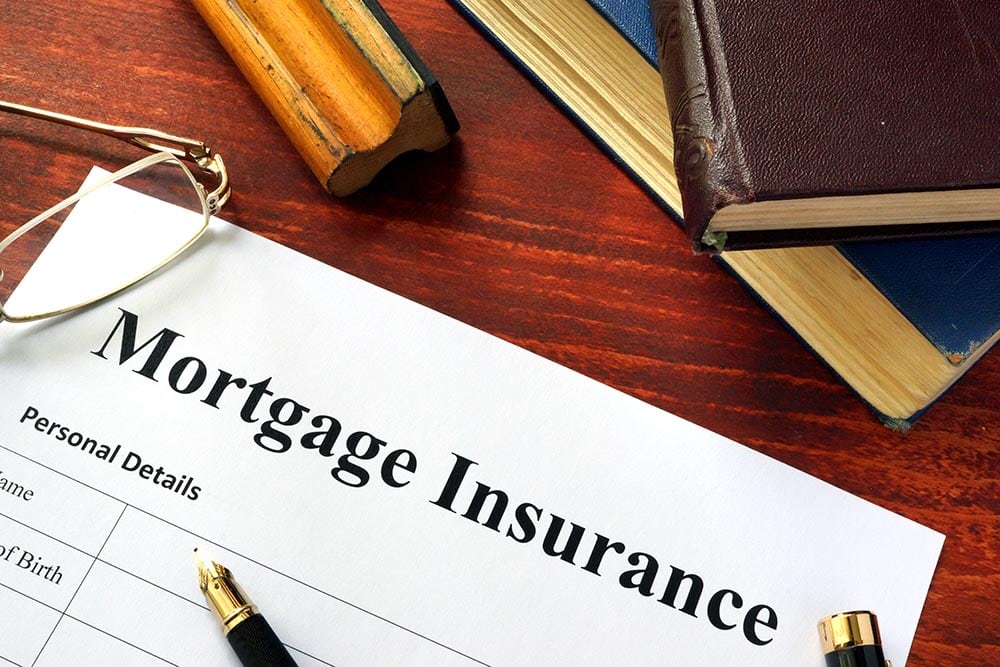
Replacement value insurance policies consider the actual cash value of the home and other belongings without considering their depreciation cost. It helps you rebuild a home of the same value and with the same items in case of a fire or damage.
2. Actual Cash Value Policy
This insurance policy considers the home’s actual price, other structures within the property, and your possession. However, it accounts for depreciation. Calculating the depreciation helps the insurers arrive at the current market value of the items and not the original price you paid.
3. Extended Replacement Value
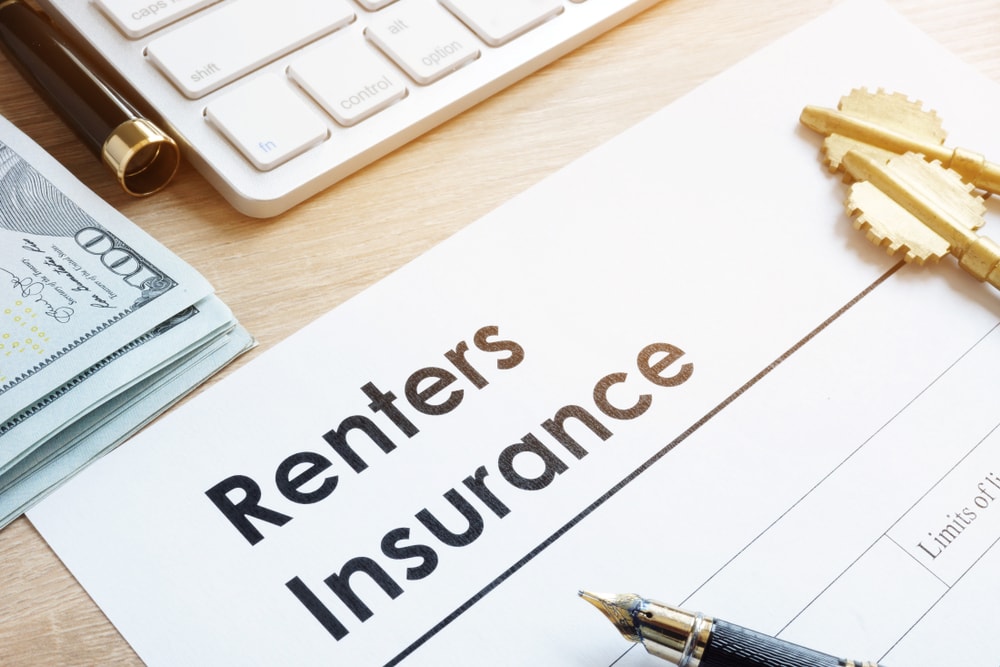
The extended replacement value policy considers the inflation of building materials in case you need to repair your house. Under this policy, the insurer provides extra compensation if the cost surpasses your policy limit.
However, most insurers only offer around 20%–25% past the limit and not more. Many insurance advisors advise homeowners to purchase a comprehensive insurance policy.
 What Does Personal Liability Home Insurance Cover?
What Does Personal Liability Home Insurance Cover?
Home insurance typically tends to cover structures on your property, the house, personal property inside the home, and liability for injuries on third parties and damage to another person’s property. Depending on the type of cover you pick, you may be able to purchase additional coverage.
1. Dwelling Protection
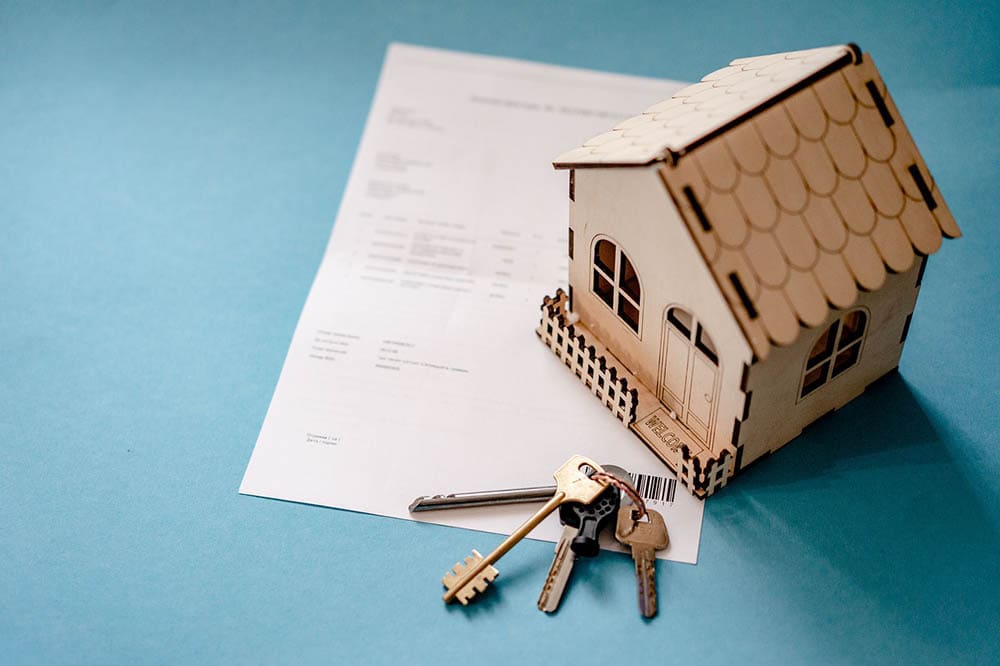
The most basic coverage for home insurance policies is for your dwelling/ house. This includes the walls, roof, and house foundation. Dwelling protection also covers other structures attached to the house, such as the garage and tool shed. If your garage catches fire, the insurance policy is liable.
2. Protection for Other Structures in the Home
A detached garage shed or fence on your property is also covered under personal liability home insurance. Most insurance policies do this without you having to pay extra for this cover.
3. Personal Protection Coverage
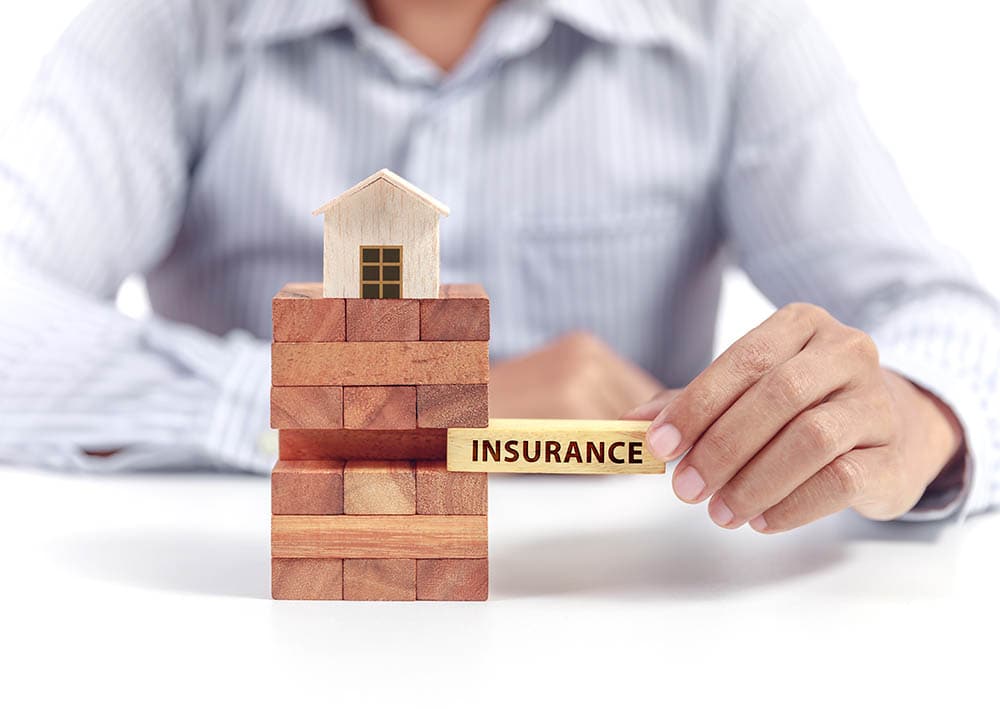
Apart from covering damages to your home and others, personal liability home insurance also provides coverage for the personal belongings in your home. If electronics and furniture are stolen or damaged in a fire, the insurance policy should help you repair or replace them.
Most insurers offer additional coverage for extended items such as expensive jewelry, watches, furs, trophies, and other items above the standard cover limit. Doing so ensures that all the costly items in your house are covered. However, most insurers have to bring in a property assessor to prevent most people from inflating prices.
4. Third-Party Liability Protection
A standard personal liability home insurance policy also provides coverage in case a guest gets injured on your property. Liability coverage pays for any resulting medical bills and legal bills that may be a result of the accident. If you get a personal umbrella policy, you may even increase your liability coverage.
Most insurance companies cover damages caused by fire and extreme weather events such as hail, lightning, and storms. However, not all of them cover natural disasters due to the extent of damage they cause. Therefore, you might have to purchase a separate insurance cover to be protected against damage caused by earthquakes and floods.
 What is Not Covered by Personal Liability Home Insurance
What is Not Covered by Personal Liability Home Insurance
Now that we’ve looked at all the things that personal liability home insurance covers, let’s look at some scenarios that are not covered. They include:
1. Business Liability
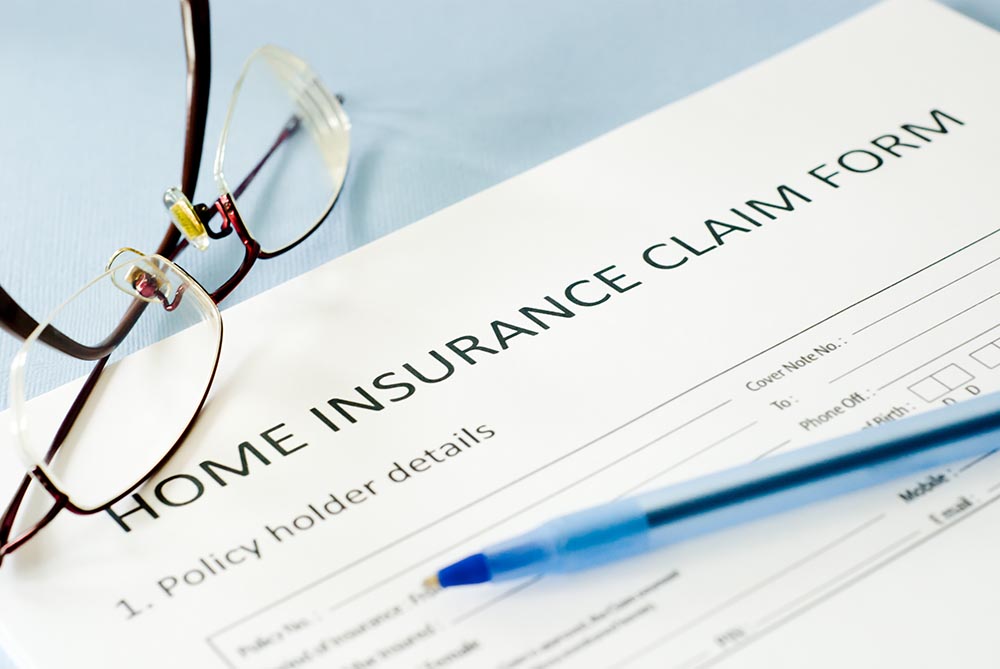
Unfortunately, if you run a business in your home and a client gets injured, and they sue, the home insurance policy is not responsible for the medical and legal fees. Although the accident happened in your home, it happened when conducting business; therefore, it falls under business insurance.
2. Intentional Harm
Before the insurer can pay liability coverage for a third party, they must investigate to ensure there were injuries that happened under the listed circumstances. If the insurer finds the cause of their injuries suspicious, they are not liable to cover the costs. For example, if they were under the influence or pushed, the insurance policy does not apply in this case.
3. Injuries to People Within the Home

Personal liability home insurance only covers guest who gets injured in your home. If your daughter, who lives with you, slid on a wet pool deck and broke her arm, the insurance won’t cover her injuries because she’s a household member. She’ll have to rely on her health insurance.
 Coverage Limits and Deductibles
Coverage Limits and Deductibles
What exactly do we mean by coverage limits and deductibles? A coverage limit refers to the maximum amount your policy is liable to pay you after damage to your home and assets. Most insurers give you a chance to adjust your coverage limit according to your needs depending on the value of your belonging and home. They also take into consideration the amount of time it would take for you to repair and replace them after damage.
A deductible is a monthly or annual fee you have to contribute to the policy. Typically, you need to pay a deductible before getting insurance benefits to cover the damage. You can adjust your deductible to fit your needs. Your local insurance agent or advisor can help you select an insurance policy with a favorable coverable limit and deductibles.
Advantages of Personal Liability Home Insurance
Owning a home is everyone’s dream. It’s one of the best assets you can own, and you should make all the necessary efforts to secure and manage it. Unlike motor vehicle insurance, home insurance is not mandated by law—however, not having it can lead to a big hole in your budget if something happens and you have to pay for all the repairs and replacements. Some other advantages include:
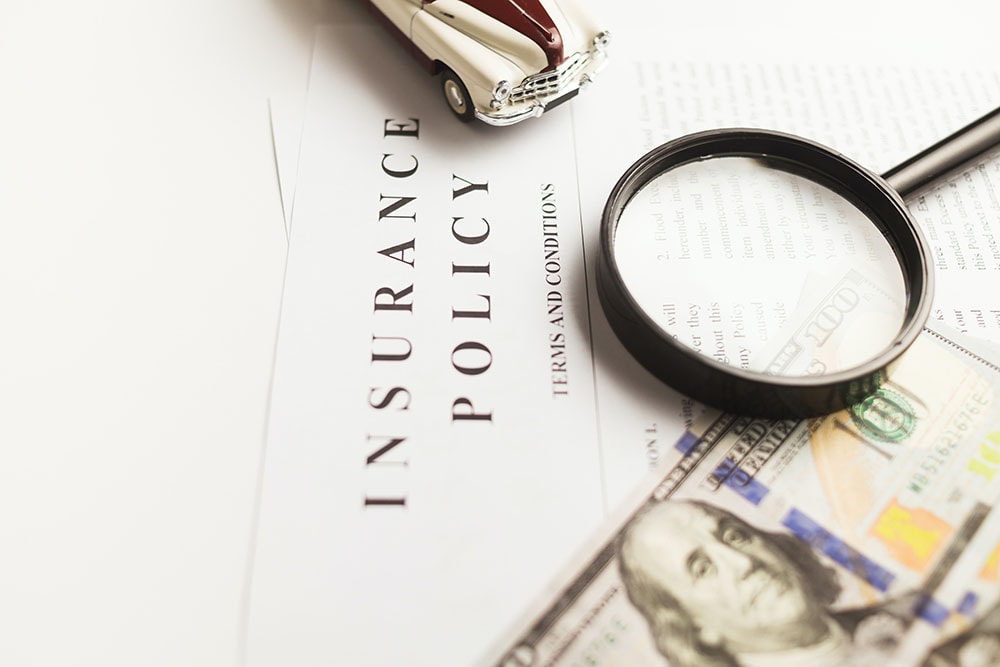
1. It’s Inexpensive
Although some people consider personal liability home insurance an unwanted expense, it can save you a lot of money when an unforeseen event damages the home—the benefits of having insurance outweigh the monthly or yearly costs you must pay. You can opt for the basic cover that is relatively inexpensive and offers dwelling coverage.
2. Peace of Mind

Buying or constructing a house is quite expensive. Getting home insurance cover gives you relief, and you don’t have to live in fear of bearing the burden of repairing the house and replacing your assets in case they get stolen or damaged. After paying the insurance premium, you can relax knowing that your home is in good hands.
3. Fulfilling the Mortgage Requirement
Many homeowners are not aware of the fact that having homeowners insurance is mandatory in some circumstances. Your mortgage lender will require you to have a home insurance policy in case of a fire or any other hazard since the home is the lender’s until the mortgage is paid in full.
4. It Covers Extra Living Expenses
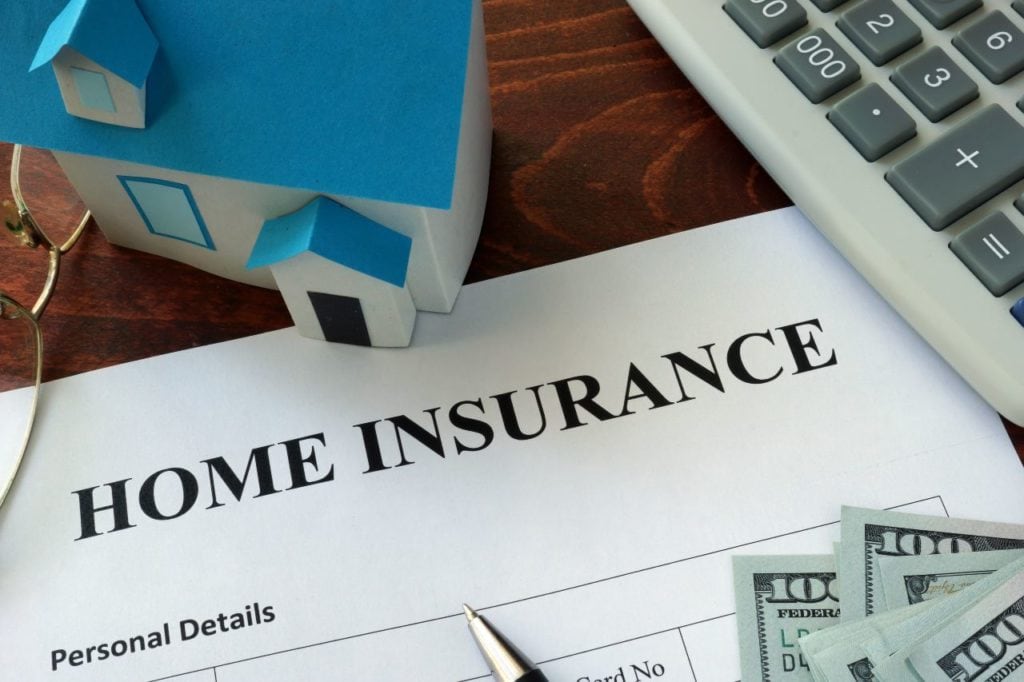
Apart from catering to repairing damages in your home, personal liability home insurance covers your hotel fees when your home is undergoing significant repairs that force you to seek accommodation elsewhere. They also cater for food and travel expenses during this period.
5. Protects You From Lawsuits
An insurance policy can protect you from getting sued when you cause damage to someone else’s property. Depending on your policy, it may offer compensation if you damage another person’s home or property in their home. For example, if you are playing catch and the ball smashes against the neighbor’s window and break it, the insurance cover pays all the damages. Home insurance also covers any injury a guest sustains in your home.
Disadvantages of a Personal Liability Home Insurance
The disadvantages of getting a home insurance policy are:
1. Cost
For most people, getting a home insurance policy might be too expensive. The monthly premiums are too high for some people to manage, which is one of the most common hindrances for most people looking to get home insurance coverage.
2. Terms and Conditions

Some insurance companies try to get away with covering damages to the residence and paying liability coverage by hiding some loopholes in their terms and conditions. If you sign an insurance policy contract, ensure you go through it with a lawyer.
3. It Doesn’t Cover Everything
One of the downsides of getting a home insurance policy is that it does not cover all damages your house sustains. Most policies don’t cover natural disasters such as floods and storms. It’s essential to find out what every home insurance policy offers before committing to one.
 How Can You Save Money on Home Insurance?
How Can You Save Money on Home Insurance?
There are many home insurance policies, and they all come at different prices. Some of the things you can do to get a home policy within your budget include:
1. Research
Before settling for one insurer, you need to do your research on other insurance companies. Some insurers have cheaper policies while also offering basic coverage. Explore your area’s various insurance agents and customer guides before settling on one.
2. Check for Insurance Companies With Discounts
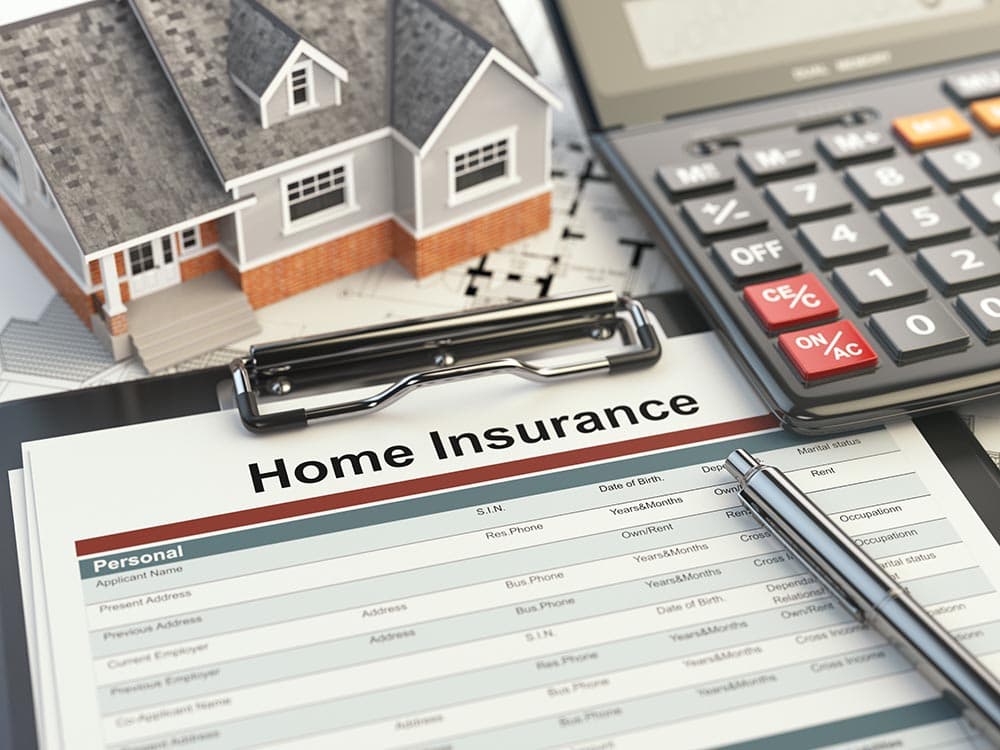
Insurance companies offer different discounts on home insurance policies. You need to find the insurer with the best discounts. Having a smoke detector or security system may make you eligible for a significant discount.
3. Get a Higher Deductible
A deductible is an amount you must pay for a covered loss before getting compensated. Going for a higher deductible prevents you from paying a higher premium, and you can save a significant amount of money this way.
 FAQs: Personal Liability Home Insurance
FAQs: Personal Liability Home Insurance
Q: How much does personal liability home insurance cost?
A: Personal liability insurance comes as part of a homeowner’s policy and can cost an average of $1,784 annually. Typically, the liability limit rate is $300,000; and increasing it to $500,000 only costs an additional $8 per year.

Q: Is personal liability insurance the same as renters insurance?
A: No. Unlike personal liability insurance, the landlord is expected to cover the entire building. Renters insurance is much cheaper than homeowners insurance since it does not cover the structure and dwelling where they live. However, the renters must get a personal insurance policy to protect their personal property.
Q: What is umbrella insurance?
A: Umbrella insurance offers excess compensation to homeowners beyond their coverable limit.
 Final Thoughts
Final Thoughts
Unforeseen events can occur and catch you unprepared. When this happens, repairing damages caused to your home and replacing some of your most expensive personal belongings can put you under financially. You should get an all-inclusive home insurance policy to protect yourself from significant financial loss. It’s better to hope for the best but be prepared for the worst than not be prepared at all.
Ensure you take your time to research the best insurance company. You can consult with various agents and read reviews left by satisfied clients.
See also:
- What Does Renter’s Insurance Cover (And What Does It Not)?
- Openly Home Insurance Review: Pros, Cons & Verdict
- https://www.insurancebusinessmag.com/ca/best-insurance/a/245622/
- https://www.allstate.com/resources/home-insurance/covered-in-homeowners-policy
- https://www.allstate.com/resources/personal-umbrella-policy/what-is-umbrella-insurance
- https://myacis.com/home-insurance/top-10-benefits-of-homeowners-insurance/
Featured Image Credit: Andrey_Popov, Shutterstock
Contents

 What Is Personal Liability Home Insurance?
What Is Personal Liability Home Insurance? What Does Personal Liability Home Insurance Cover?
What Does Personal Liability Home Insurance Cover?